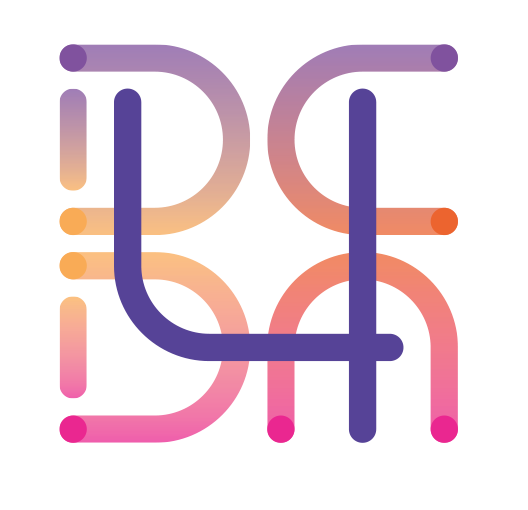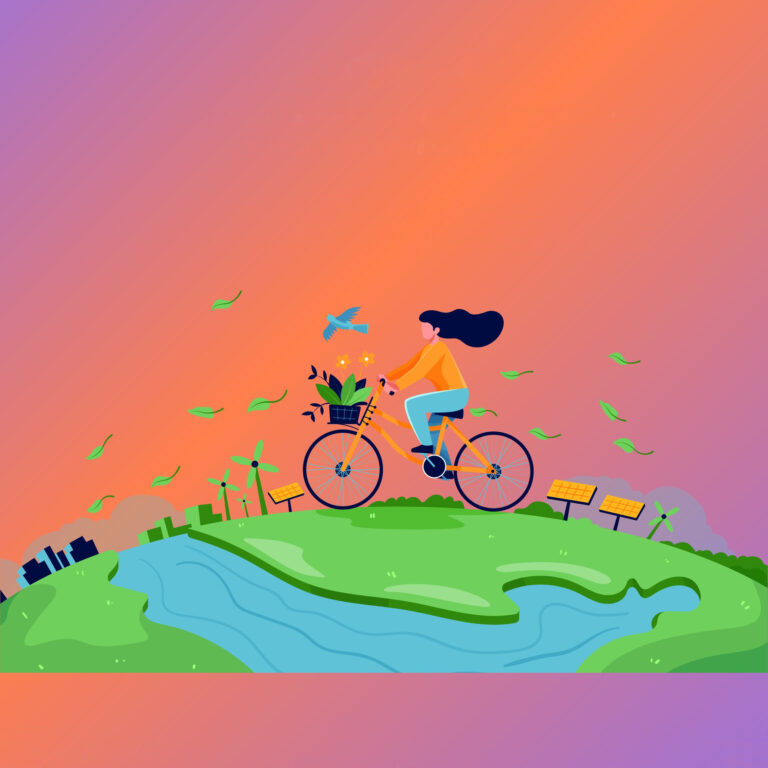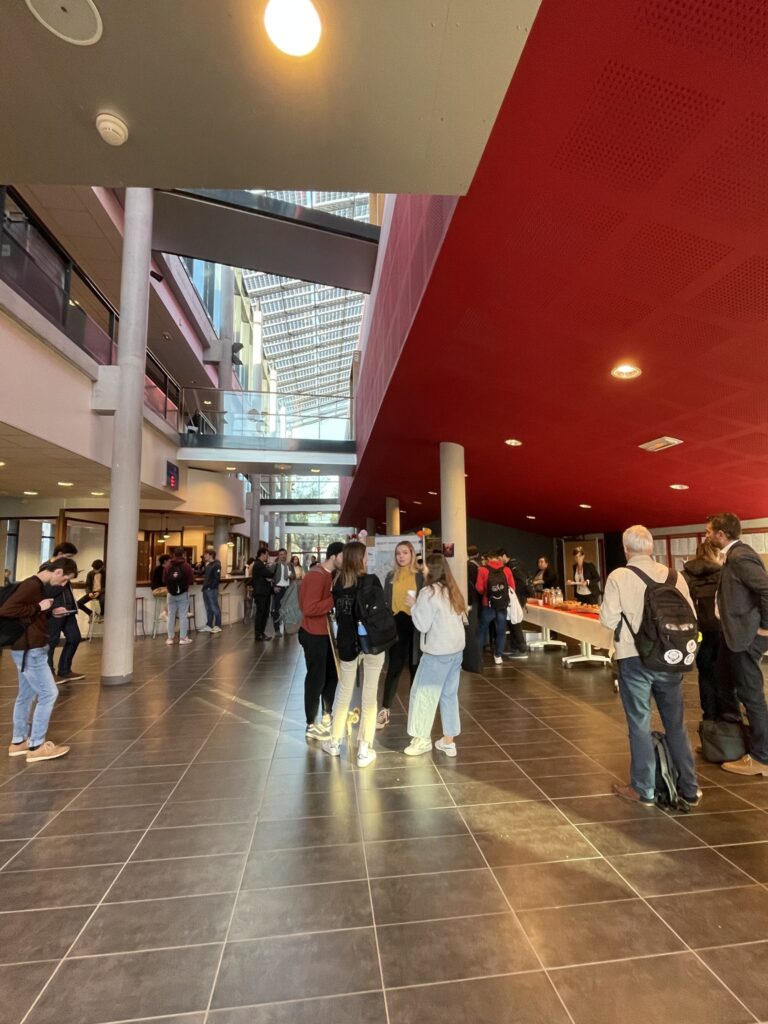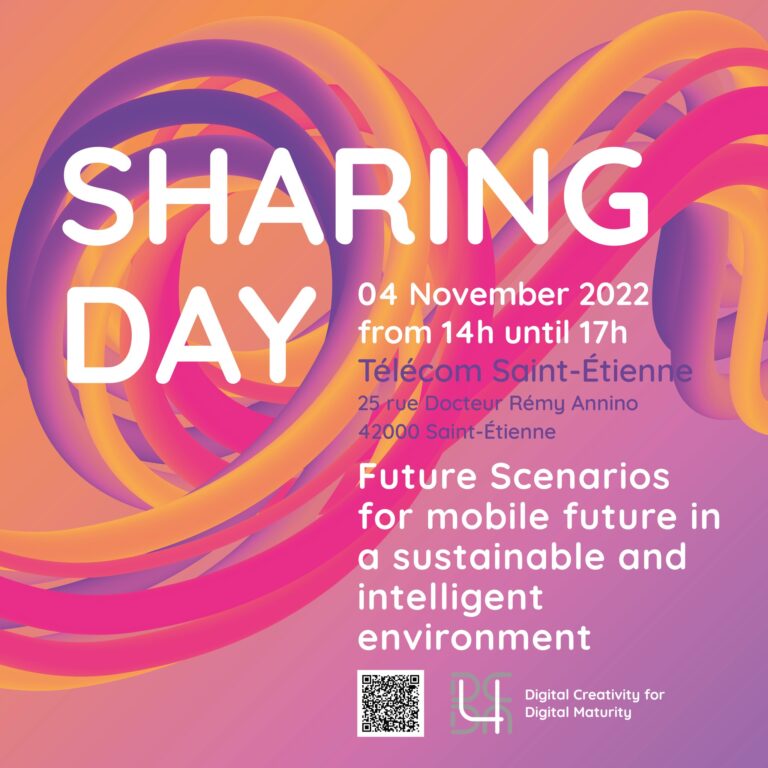#1. Why are we building an educational box for Digital Maturity?
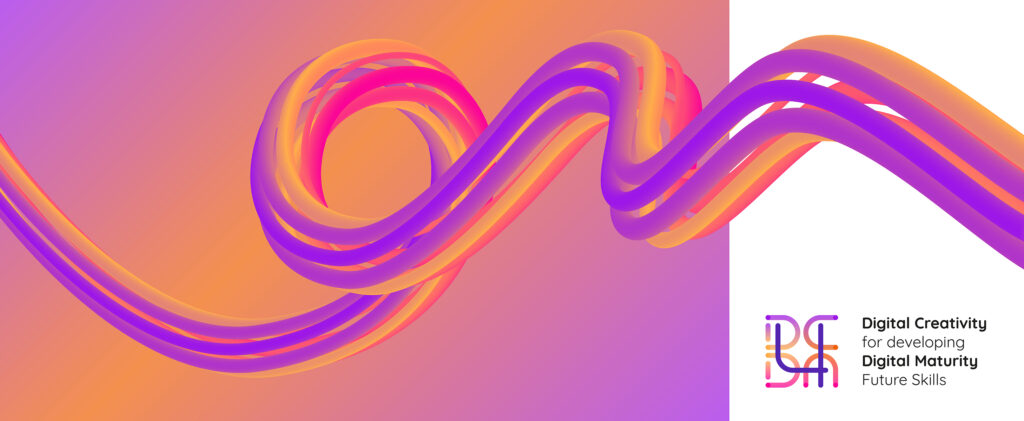
Digital Creativity for developing Digital Maturity Future Skills (DC4DM Project) is an EU-funded initiative that brings together partners from Italy, France and Portugal in an effort to foster a new culture of creativity in digital innovation.
Over the next two years, the team consisting of design, digital and innovation specialists from Politecnico Di Milano, Startup Madeira, Mines Saint Etienne, Universidade da Madeira, and Université Jean Monnet Saint Etienne will create a new programme for helping students and startups to put creativity at the service of new digital technologies. Our goal is to create and implement a human-centred design model to facilitate and guide the ever-evolving process of digitalisation through the enhancement of creative skills.
We’d like to open this process and share with you some of the reflexions and ideas that will emerge from our joint work sessions and bootcamps, so please join us by subscribing below.
The first issue of our newsletter covers some of the emerging motives behind the process of building our future edu box – things that the working group felt are essential drivers in shaping how we think about digital creativity and digital maturity. We welcome your comments and any ideas you might want to share with us.
You can subscribe below to receive our future newsletters, share it with a friend, check out our website for more information on the project, or follow us on Facebook, Instagram, Twitter and LinkedIn for more updates on the ongoing project activities.
Fostering the right mindset
In order to understand the potential of digital technologies and apply them to design digital solutions with a human-centred approach the students/learners should be encouraged and supported in developing an open mindset, becoming curious and ready to listen. So what kind of strategies could trigger curiosity and openness?
One of the main drivers of DC4DM is to help shape a new digital-first mindset in learning environments. Besides more technical skills, abilities like curiosity and openness emerged as vital for building the right teams and work environments for Digital to thrive.
In Madeira, we’ve seen that those entrepreneurs who feel encouraged to experiment are the ones who develop faster and more innovative solutions. In Milan, we guide students and professionals in developing their Digital Creativity abilities providing them a specific design process to develop more innovative projects through digital technologies. And in Saint Etienne, L*unchbox participants from diverse backgrounds get inspired by collaborating with other disciplines, being able to create solutions beyond their immediate disciplines.
In business, curiosity and openness have also been identified by organisations like Deloitte as key to the creation of the next generation of leaders – and key driver to achieving digital maturity. And monay design leaders like Lisa Kay Solomon or David Kelly advocate the power of a mindset of creative confidence for social change and bringing innovative ideas to life.
Creating common ground
One of the fundamentals of innovation is multidisciplinary collaboration. Attracting new talent able to create and innovate in cross-functional teams is one of the key practices for a company that aims to become digitally mature.
Digital technologies empower people with different backgrounds to complement each other and work towards shared goals. That is why in DC4DM we will be focusing on forming teams according to the skills, attitudes and background experiences of the individuals who need to collaborate. To do this, it would be necessary to gather, evaluate and map pre-existing knowledge and skills, then provide a minimum set of tools to create a shared understanding of the problem, consensus over how to move from one activity to another efficiently, and help evaluate the work under the same standards.
To this purpose, we’re exploring tools and processes that enable those participating in our programme to find common ground and to build mutual trust in order to perform successfully.
Identifying future opportunities
The ability to identify and act on future opportunities is another fundamental theme we’ve been exploring at DC4DM, in particular the possibility of offering tools within the programme that can help participants manage opportunities that emerge from both the present and the future. Being able to evaluate the present situation, to gain perspective,, to envision the potential, build scenarios and explore an array of alternative paths before diving into one particular solution. Including the perspective of future studies would give several advantages to both students and entrepreneurs, allowing them to go beyond formulated trends and imagine solutions not possible today.
Following in the footsteps of thoughts leaders like Dan Hill who have long established the need for future thinking in any design discipline, or of young, emerging digital thinkers like IAM, who work at the intersection of digital technologies and future societies, we’ll be exploring together the possibilities of shaping the future, and helping our participants immerse in future scenarios.
Ethics, Responsibility and Sustainability
A final reflection during the first few months of setting up DC4DM, transparency and honesty come through as imperative for reaching digital maturity. As technology opens up the possibilities to create new business models and new societies, it is down to each team and each individual to make the right decisions – for humans, for communities and for the Earth. Things like a sense of community, privacy, fairness, inclusion, access, or mental health, are only some of the challenges that we all have the responsibility to tackle while adopting technologies in our personal or professional lives. How can one become a responsible member of a digital team? How can we encourage the development of personal skills around honesty and transparency?
Perhaps a starting point worth taking inspiration from is Tristan Harris’ Centre for Humane Technology, or even Mike Monteiro’s Ruined By Design.
In our next issue we’ll look at future skills that facilitate and accelerate achieving digital maturity.
Sign up here to stay up to date with our quarterly reflections.
In the meantime, tell your friends!
